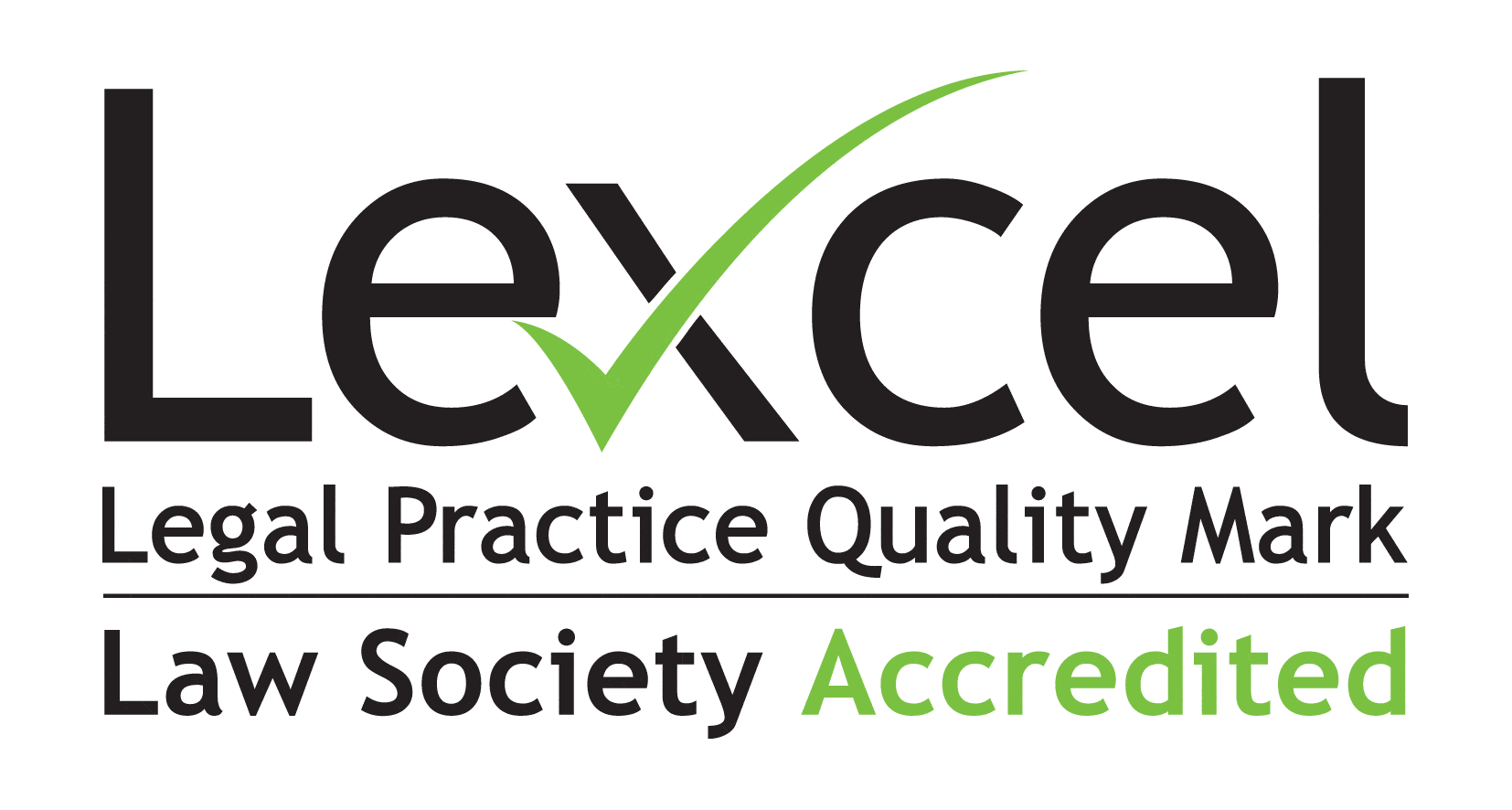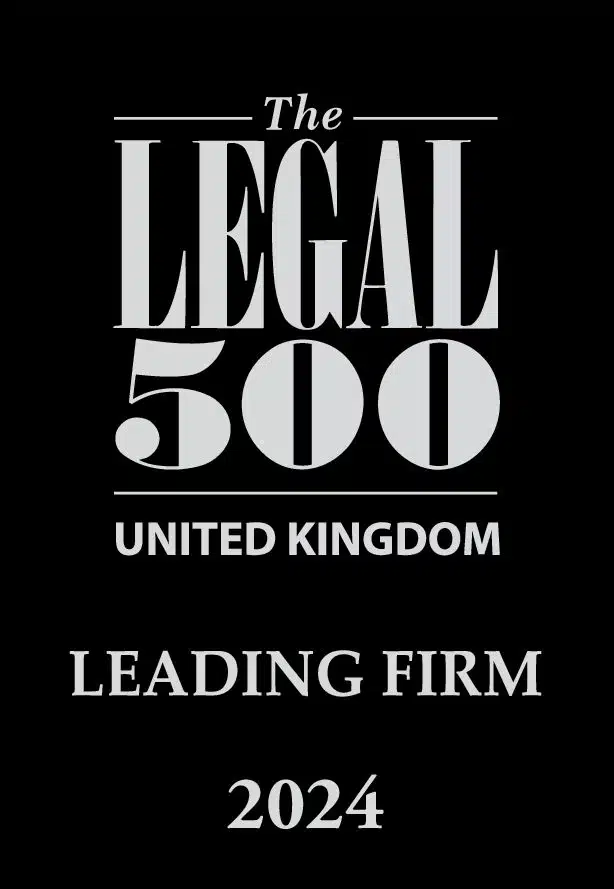Mastering Defence Statements: A Comprehensive Guide
Defence Statements
GENERAL
A ‘Defence Statement’ is a document which sets out the general nature of the defence to be put forward at trial and the issues which are in dispute and why. It is compulsory to serve a Defence Statement in contested Crown Court cases although it is voluntary in the Magistrates’ Court. A Defence Statement is not necessary if you are going to plead guilty.
DEFENCE CASE STATEMENTS IN THE CROWN COURT
In Crown Court cases, you have to serve a Defence Statement within 28 days of the prosecution sending initial disclosure of the unused material. Initial disclosure is a notice detailing documents, videos or other material that the prosecution have which they are not using in evidence to try to prove their case but which may undermine that case, or assist us. When you send your Defence Statement, the prosecution are then under a duty to review the material that they have to see if any of it may assist the defence that we have set out. They then have to send to the defence any further disclosable material.
If a Defence Case Statement is not served, or it is served late, or if a different defence is put forward at trial to that which is set out in the Defence Statement, then it could mean that this will be held against you. This means that it is very important that your lawyers have your signed instructions about the offence before they can serve the Defence Statement for you. They cannot serve it unless you have signed a Proof of Evidence or the Defence Statement itself. Although they can make sure that the Defence Statement is set out in a legally correct way, they simply cannot do it without your help.
DEFENCE CASE STATEMENTS IN THE MAGISTRATES’ COURT
Although it is voluntary to serve a Defence Case Statement in Magistrates’ Court cases, it can sometimes be a good tactic to do so. Just as in the Crown Court, the prosecution have to send initial disclosure. Initial disclosure is a notice detailing documents, videos or other material that the prosecution have which they are not using in evidence to try to prove their case but which may undermine that case, or assist us. If your solicitors think that they may have material that they want but which they have not sent us as part of initial disclosure, then serving a Defence Statement setting out the reasons why such material may assist us can be a useful tactic. The prosecution would then be under a duty to review the material that they have to see if any of it may assist the defence that we have set out. They would then have to send any further disclosable material. Of course, in many cases it might be a better tactic not to let the prosecution know what the defence will be.
If a different defence is put forward at trial to that which is set out in the Defence Statement, then it could mean that this will be allowed to be held against you. This means that your team cannot serve a Defence Statement unless you have signed a Proof of Evidence or the Defence Statement itself. Although they can make sure that the Defence Case Statement is set out in a legally correct way, they simply cannot do it without your help.





Leave a Reply